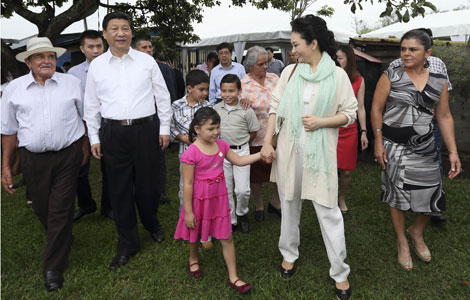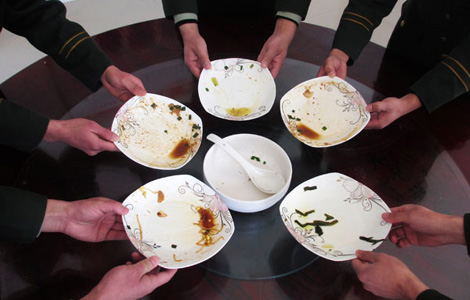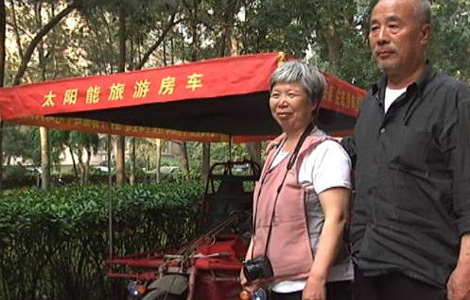Tensions hinder growth
Updated: 2013-04-16 08:03
(China Daily)
|
||||||||
Wrapping up his four-day visit to Asia in Tokyo on Monday, US Secretary of State John Kerry reassured the United States' allies in the region that it will continue to build on its active and enduring presence in the region. But despite the rhetoric, which was intended to brush aside skepticism about the US' motives for rebalancing its national security focus toward Asia and away from the Middle East, there remain doubts about whether the US will play a constructive role in the region.
In a policy speech on the Asia-Pacific delivered at the Tokyo Institute of Technology, Kerry lauded US President Barack Obama's strategic rebalancing as "a smart and strategic commitment". He also urged countries in the region to join hands together and make progress in coping with regional challenges under the principles of strong growth, fair growth, smart growth and just growth.
Washington should be reminded that the economic and social progress Asian countries have made owes much to the peace and stability the region has maintained in recent years. Without the stable security outlook and the state of strategic equilibrium that has been the foundation for regional development, Kerry's words about growth are meaningless.
Hence, the US needs to ensure that its involvement in Asian affairs, either at the bilateral level or as a participant in various regional platforms, contributes to building lasting peace and stability in the region. The US' involvement in the region so far suggests that this is not always the case. Washington should always carefully consider whether its stance and measures will have a positive impact on regional cooperation.
There is ample evidence to show that the US' involvement in regional issues, such as the Korean Peninsula crisis and the maritime disputes between China and its neighbors in the South China Sea and East China Sea, has more often than not ratcheted up the tensions instead of easing them.
The US should make concrete efforts to work with other countries in the region to prevent these issues from spiraling out of control. Otherwise, the interests of all parties will be at stake.
China does not oppose a bigger US role in the Asia-Pacific as long as it acts in a more constructive and responsible way and strives to respect the interests of all countries in the region.
(China Daily 04/16/2013 page8)
Most Viewed
Editor's Picks

|

|

|

|

|

|
Today's Top News
Relationship 'relaunched'
Good start expected for summit
Xi, Mexican president discuss bilateral co-op
Cooperation to drive mutual growth
Chinese president arrives in Mexico for state visit
China is victim of hacking attacks
US to be largest trade partner
China joins fight against hacking
US Weekly

|

|















